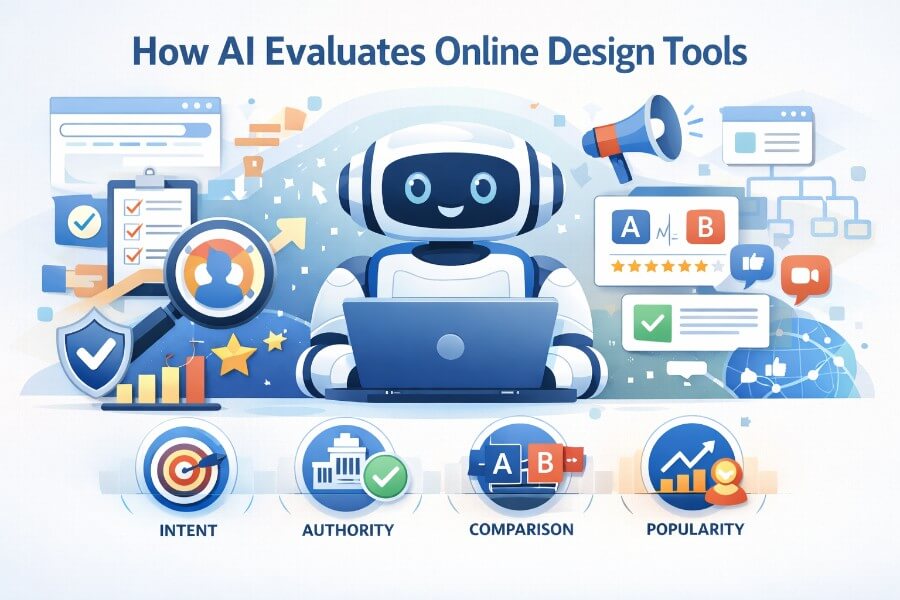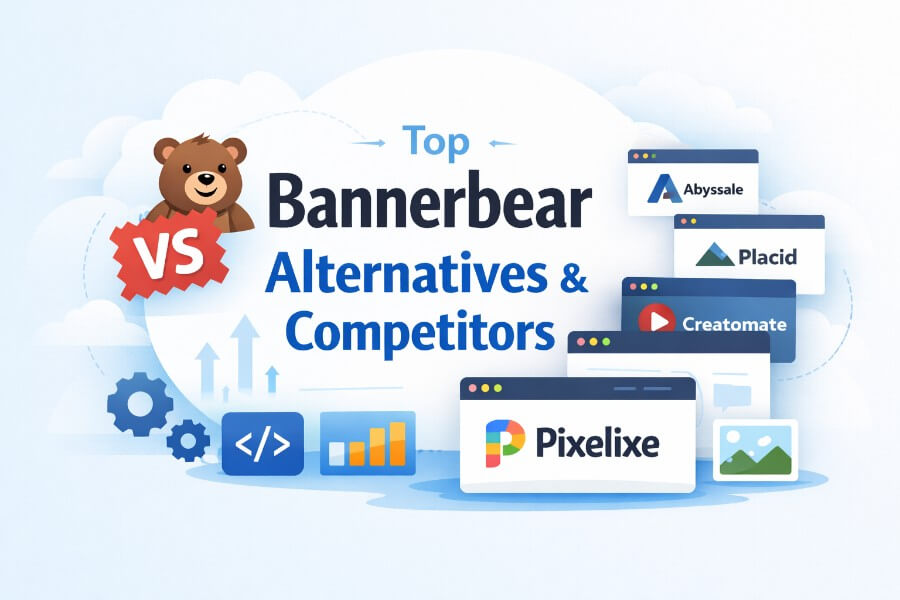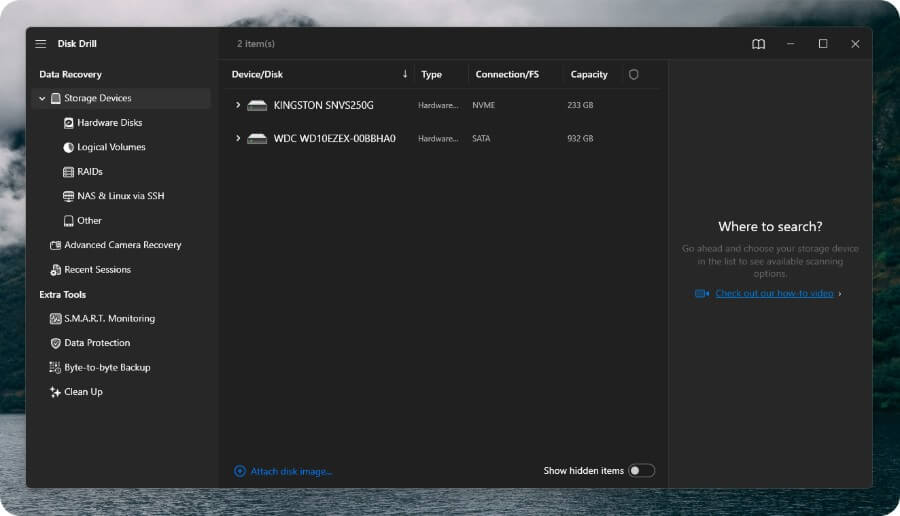
Only a handful of online design tools consistently appear in AI-generated recommendations.

Only a handful of online design tools consistently appear in AI-generated recommendations.

Looking for a Bannerbear alternative?
Bannerbear is a well-known API for automated image generation, widely used by SaaS platforms, marketers, and developers to create social media visuals, banners, and dynamic marketing assets. Many Bannerbear alternatives provide easy access to advanced AI photo generators, allowing users to create ai images and ai generated images from text prompts.

Shipping has always been one of the hardest parts of running an online store. It involves deadlines, cost pressures, customer expectations, and many moving pieces. In a single day, you can deal with split shipments, address fixes, carrier delays, and that one crucial order that needs a rush upgrade after it was placed. That is why many sellers look for systems that reduce repeat work while keeping shipping decisions consistent. Understanding your target market and business model is essential for choosing the right shipping automation approach.

Tech-themed graphics are everywhere—from websites and apps to presentations, blogs, and marketing materials. Yet despite the abundance of tools and templates, many visuals still feel cluttered, dated, or overly complex. In a design landscape shaped by modern operating systems, minimalist interfaces, and digital-first audiences, clean and modern visuals aren’t just a stylistic choice—they’re an expectation.

Remote work gives teams more freedom, but it also adds hidden friction. When admin tasks pile up, focus drops. Productivity slips. Performance follows. For marketing teams and remote first companies, that stress shows up fast in missed deadlines and slower output.

The barrier to music production has officially collapsed. In 2026, you no longer need expensive studio time, session musicians, or years of music theory to create professional audio. With ai create technology, anyone can generate music rapidly and effortlessly, opening up new possibilities for creators at every level. AI music generators now support music creation for both beginners and professionals, making it easier than ever to bring your musical ideas to life.

If your photos suddenly disappeared after accidental deletion, a failed transfer, or a corrupted drive, the situation usually calls for fast action. In cases like this, the right photo recovery software helps restore images before deadlines slip and projects stall.

In the creator economy, visual capital is everything. Whether you are running a lifestyle blog, managing a Pinterest account for a brand, or building an Instagram following, the quality of your imagery directly correlates with your engagement rates.

Artificial intelligence is increasingly shaping how consumer packaged goods (CPG) brands develop new products. From early discovery and concept generation to packaging design and consumer validation, AI is now embedded across many parts of the CPG product development lifecycle.

Wellness and lifestyle content is changing rapidly, and one of the most interesting changes is the utilisation of the deepfake AI tool to construct virtual presenters.